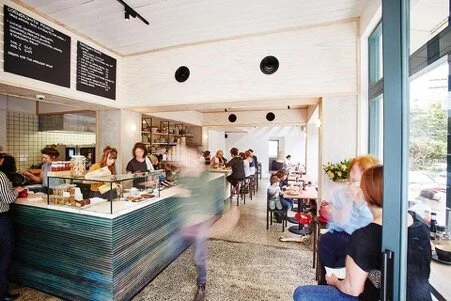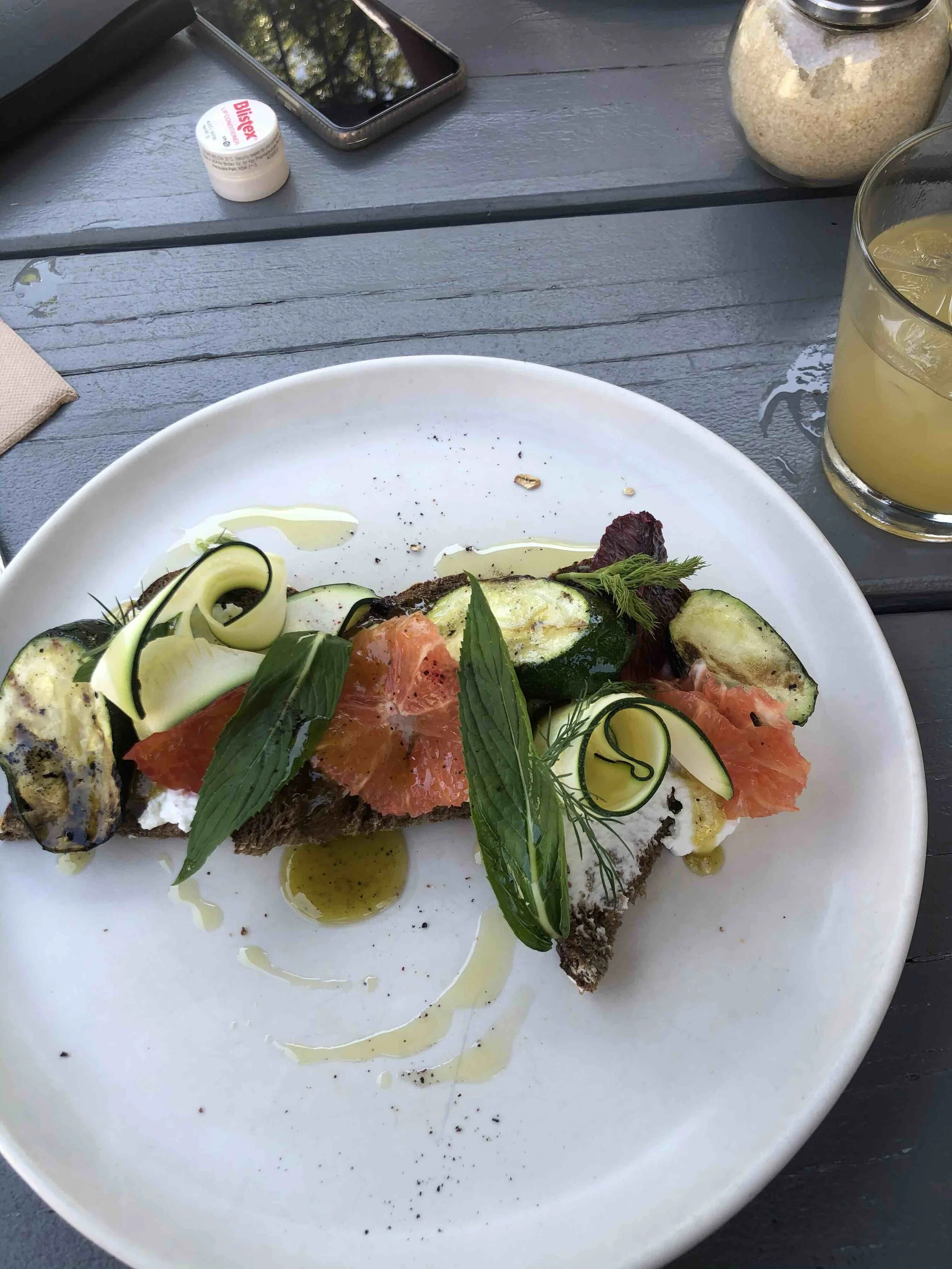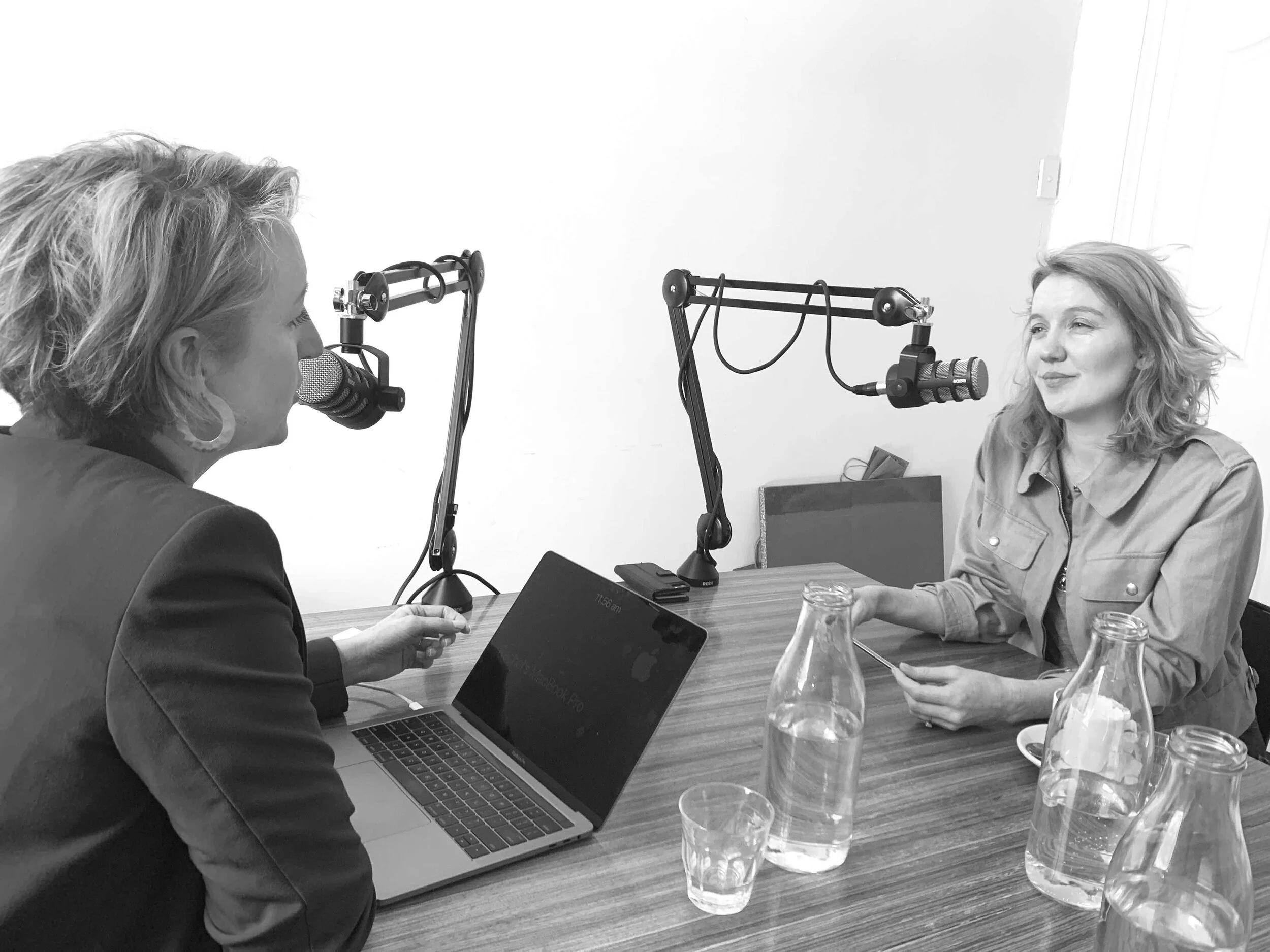How An Accidental Jam Fairy Built A Business - And A Community
Almost one in four Australians experience loneliness - it can be as bad for us as smoking. Our need to belong is not being met … and it’s killing us.
My unofficial job title is “Head of Making Friends”. I’m a community specialist with an interest in the science behind building communities. Every day I work with people on how best to help us all connect.
So, when I heard about how Alex Elliott-Howery was creating community in her Sydney neighbourhood café, I had to find out more.
Alex features in the first episode of my new podcast series The Missing Piece, where we talk to the likely, and not so likely experts, about how they build their communities. I learned so much from Alex - and what she has to say is backed up by some serious science.
We talk pickling, trading, and our deep desire to connect.
Please do have a listen: on Apple Podcasts , Spotify
Cafés are like community living rooms. We go there to eat, drink, share ideas, work and build connections. But even though there are cafés EVERYWHERE, experts are telling us that those of us living in urban spaces are finding it hard to connect.
Neuroscientist and design expert Colin Ellard tells us that living in a massive crowd of strangers is actually “an unnatural state” for human beings. What’s more, Suzanne Lennard, Director of International Making Cities Liveable, commented that “if we had deliberately aimed to make cities that create loneliness, we can hardly have been more successful”. Now that’s a pat on the back we don’t need.
I loved hearing Alex talk about how this thriving community started when strangers from the local neighbourhood (and these days from much further afield) found out that Alex was on the lookout for excess fruit and veg and so began bringing it to her in bags and boxes. Literally heaps of them, just left on the doorstep. She turned it into jam and pickles, then gave some jars back to the windfall providers – the ultimate virtuous cycle. In the process, Alex became an accidental jam fairy.
Could Alex be onto something when she tapped into the community’s existing assets? This reminded me of the ABCD model that Kretzman and McKnight developed. Their model for assets-based community development (ABCD – love it, Kretzman and McKnight!) is based on the idea that all members of communities have something they can contribute, be it skills, knowledge, networks or experience. Or maybe just heaps of lemons!
Alex may not know about the ABCD model, but she lives it. And while community development usually tackles thornier issues than pickled cucumbers, we can see that when we look at the resources we have available to us, we can build community.
Communities are at their best when we contribute and feel a sense of ownership. Trading home-grown organic rocket for your flat white in the morning – as regularly Cornersmithers do - isn’t just about living your best hipster life, it’s about having input and investing yourself, and your ‘rocket’, in the community.
Alex also runs workshops to teach people how to pickle and preserve and these workshops are SOLD OUT every time (Yes, pickles are making a comeback). But Alex told me it’s not really about the pickles. In fact, more than anything else, people are looking to connect with each other by coming together to learn side-by-side.
This concept of being ‘shoulder to shoulder’ is so important for community. Whether it’s a men’s shed or the brilliantly named knitting circle - known to its WhatsApp group as ‘Stitch and Bitch’ - there’s something about being next to someone while focussed on a task that creates an opportunity to connect. A study from the University of Adelaide highlighted the positive role that shared community gardens can play in building a connection – and not just because there is nothing more delicious than a freshly picked tomato. Urban agriculture offers a way to benefit our bodies, and our community as we garden together and share knowledge. In fact, ‘social’ or ‘green prescriptions’ are becoming commonplace in the UK where gardening, or joining a community group are regarded as just as effective as medication for certain conditions.
So, what do we learn from this? Harvest your chokos (and yes, listen to the podcast and you’ll laugh that I know what they are now!) and your grapefruit – focus on what you already have and encourage others to make the most of their assets too. Remember to return a favour. And get in touch with your inner jam fairy – what can you do that creates opportunities to connect? I’m helping a friend prepare for a job interview, and she’s looking after my dog when I’m on holiday. It’s not about the quid pro quo, but about using the assets you already have to help, and allowing yourself to receive as well.
This is all information I’m using on a daily basis to help build the communities within UNSW. Whether you are a student connecting with new friends at the campus sausage sizzle or taking time to help mentor someone, we all know that #belonging is better.
Let me leave you with a thought that may be counter-intuitive.
I want to work myself out of a job. I want to make myself – and all community specialists- redundant. Community development experts Kenny and Connors say that making yourself redundant should be a primary aim. It would be so great to be not needed!
So please help make me redundant and join OUR community- we’ll have weekly podcasts, science updates and reports into what is and isn’t working in the community space.
Connect with us and share stories of finding YOUR inner jam fairy.
Listen to the first episode on Apple Podcasts , Spotify
















